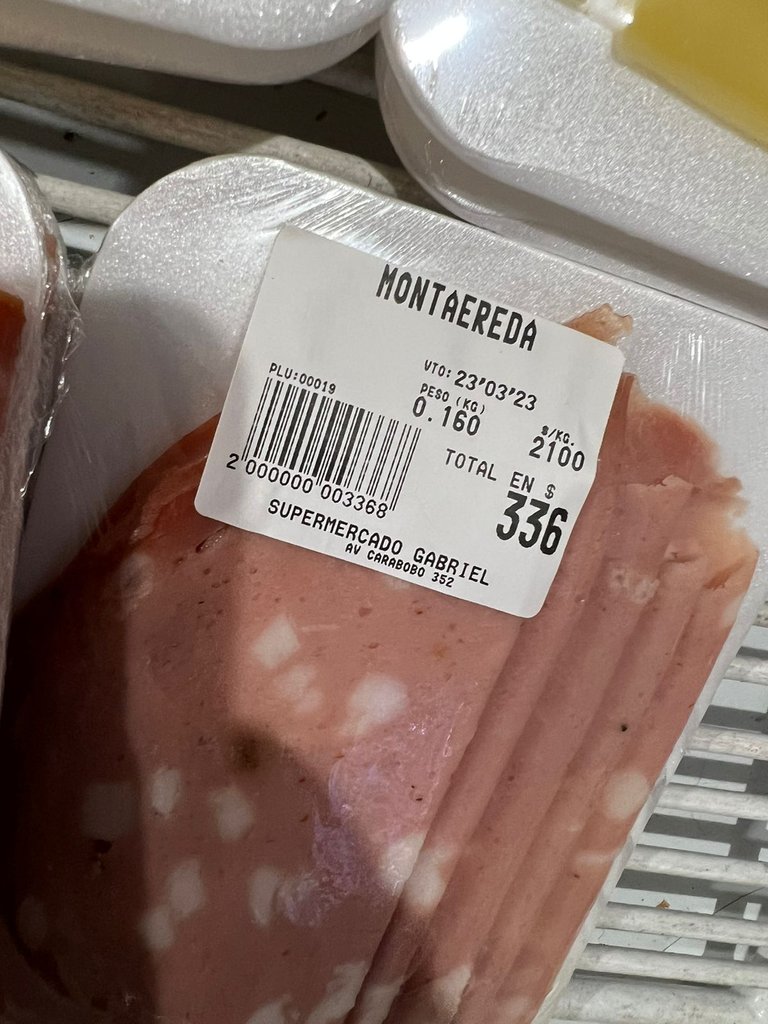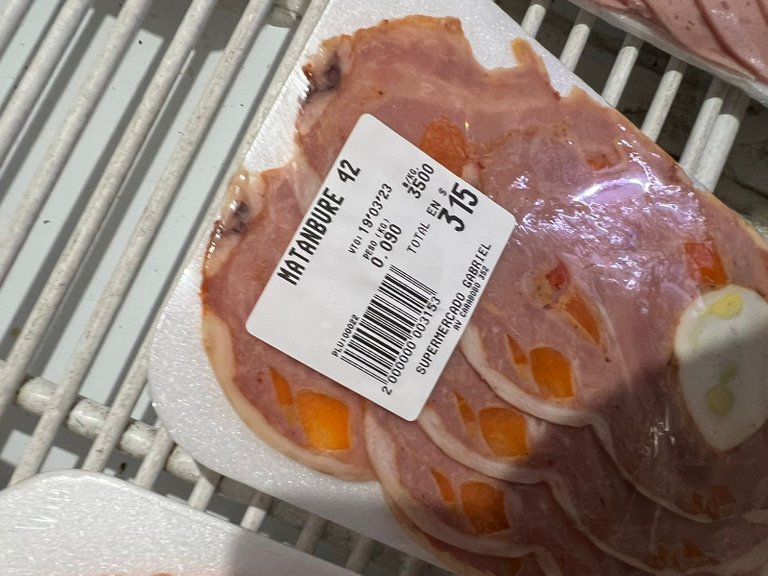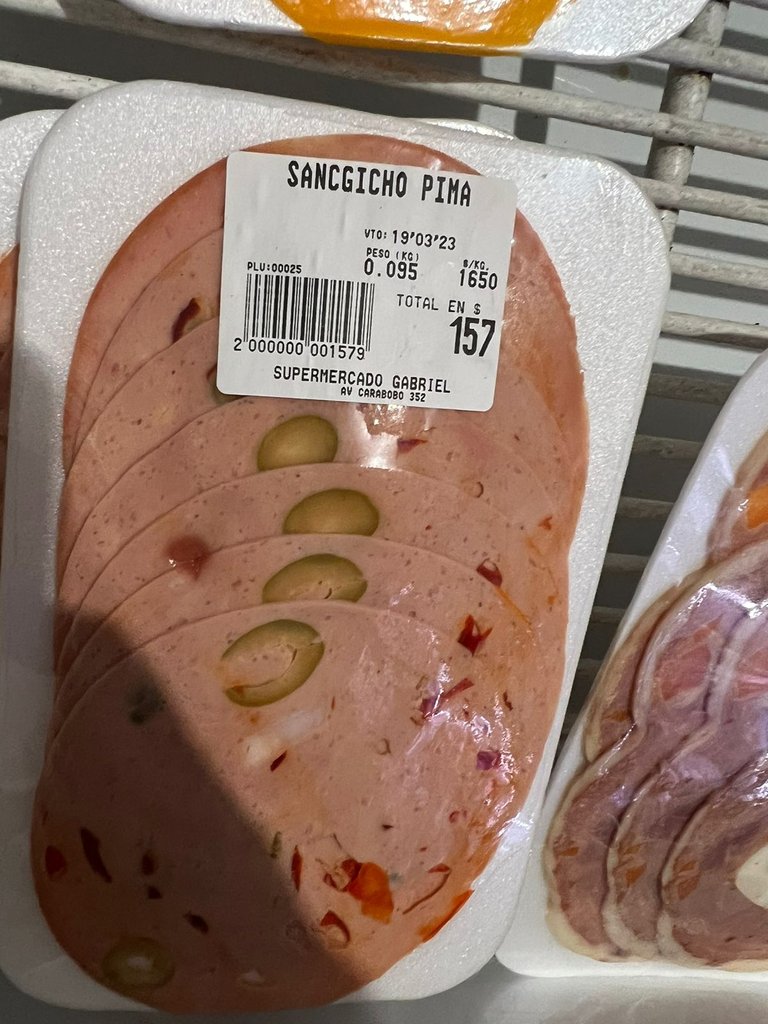Chiñol

As I suppose happens in many other countries in the world, some Asian communities such as Chinese, Taiwanese and Korean, among others, have settled, live and work in Argentina.
For some reason that is beyond my knowledge, many are inclined to install neighborhood mini-markets, just as in other times our Spanish ancestors installed warehouses and the Italians preferred restaurants and ice cream parlors, the Japanese dry cleaners and thus each community was inclined towards a business of their choice. Not all of course, surely a small minority of immigrants, but it was a salient feature of bygone eras.
It is notorious that several of those Asians who are the new migrants of these times arrive and open their mini-market, surely helped by more powerful members of their communities, the most outstanding characteristic is that they do not speak Spanish. It is very noticeable when it is not only about collecting and giving change, that is what they are teachers for. The problem appears, for example, when someone needs help or advice to find a product or ask a price or anything else that requires dialogue, sometimes these newcomers are seriously compromised and must resort to the help of someone else who knows at least a little more the difficult language that we speak in these latitudes.

There is a new Asian convenience store near the apartment where my daughter lives and a few days ago she sent me these photos that she took when she went through the deli aisle.
It is not my intention to make fun of those merchants, not at all, I put myself in their place and imagine myself wanting to communicate in Korean or Chinese in their home countries, it would be something similar to this, probably worse.
The machine they use to place prices also makes it possible to put the name of the container's product and other necessary data for the buyer to choose, such as the weight and the date of packaging and expiration.
The problem is with the names because they have made an onomatopoeia of what the package really contains, that is, they have written it as they hear or mention each of the products, in this case, cold cuts or cured meats as they prefer to call them.

It's almost funny and you have to sharpen your wits and eyesight to understand that "Sancgicho Prima" is spring sausage, "Matanbure" refers to matambre, and "Montaereda" is mortadella.
A new language rules in that business, a mixture of Spanish with something else I can't imagine.
Como supongo ocurre en muchos otros países del mundo, algunas colectividades asiáticas tales como chinas, taiwanesas y coreanas entre otras, se han instalado, viven y trabajan en la Argentina.
Por alguna causa que excede mis conocimientos muchos se inclinan por instalar minimercados barriales, así como en otras épocas nuestros ancestros españoles instalaban almacenes y los italianos preferían los restaurantes y heladerías, los japoneses tintorerías y así cada colectividad se inclinaba por algún comercio de su preferencia. No todos por supuesto, seguramente una pequeña minoría de los inmigrantes, pero era una característica sobresaliente de épocas pasadas.
Es notorio que varios de esos asiáticos que son los nuevos migrantes de estos tiempos llegan y ponen su minimercado, seguramente ayudados por miembros más poderosos de sus comunidades, la característica más sobresaliente es que no hablan el español. Se nota mucho cuando no solo se trata de cobrar y dar el vuelto, para eso son unos maestros. El problema aparece por ejemplo cuando alguien necesita ayuda o asesoramiento para encontrar un producto o preguntar un precio o cualquier otra cosa que necesite un diálogo, en ocasiones esos recién llegados se ven seriamente comprometidos y deben recurrir a la ayuda de algún otro que domine al menos un poco más el difícil idioma que hablamos por estas latitudes.
Hay un nuevo minimercado asiático en inmediaciones del departamento donde vive mi hija y unos días atrás me envió estas fotografías que tomó cuando pasó por la góndola de fiambres.
No es mi intención burlarme de esos comerciantes, para nada, me pongo en su lugar y me imagino a mi mismo queriendo comunicarme en coreano o chino en sus países de origen, sería algo parecido a esto, peor probablemente.
La máquina que utilizan para colocar precios también posibilita poner el nombre del producto que contiene el envase así como otros datos necesarios para que el comprador elija, como el peso y la fecha de envasado y vencimiento.
El problema está con los nombre porque han hecho una onomatopeya de lo que realmente contiene el envase, es decir lo han escrito como ellos escuchan o mencionan cada uno de los productos, en este caso fiambres o chacinados como prefieran llamarlos.
Es casi gracioso y hay que aguzar el ingenio y la vista para comprender que "Sancgicho Prima" es salchichón primavera, "Matanbure" se refiere a matambre y "Montaereda" es mortadela.
Un nuevo idioma rige en ese comercio, mezcla de español con otra cosa que no puedo imaginar.
Héctor Gugliermo
@hosgug